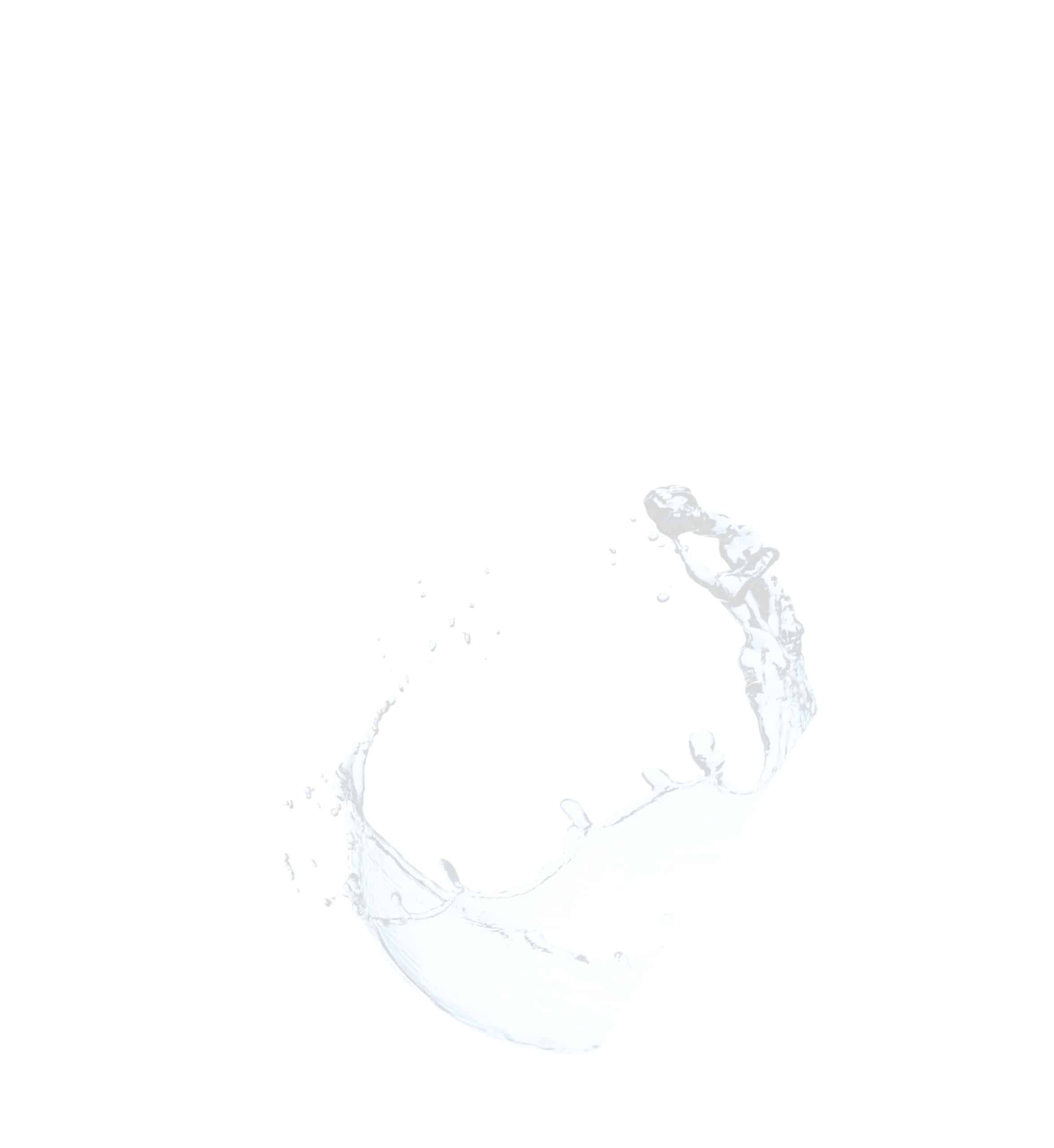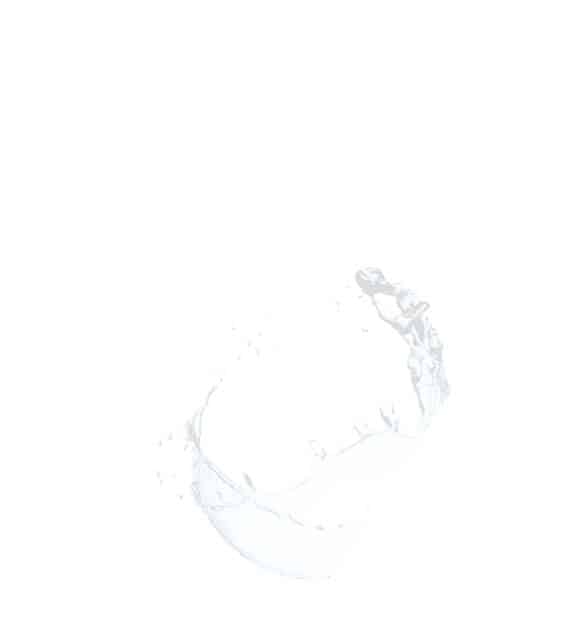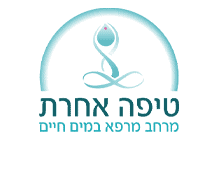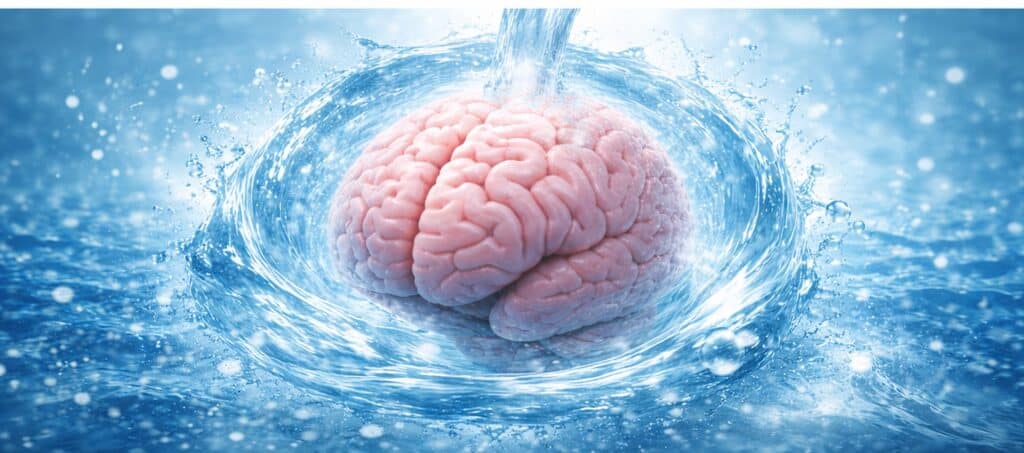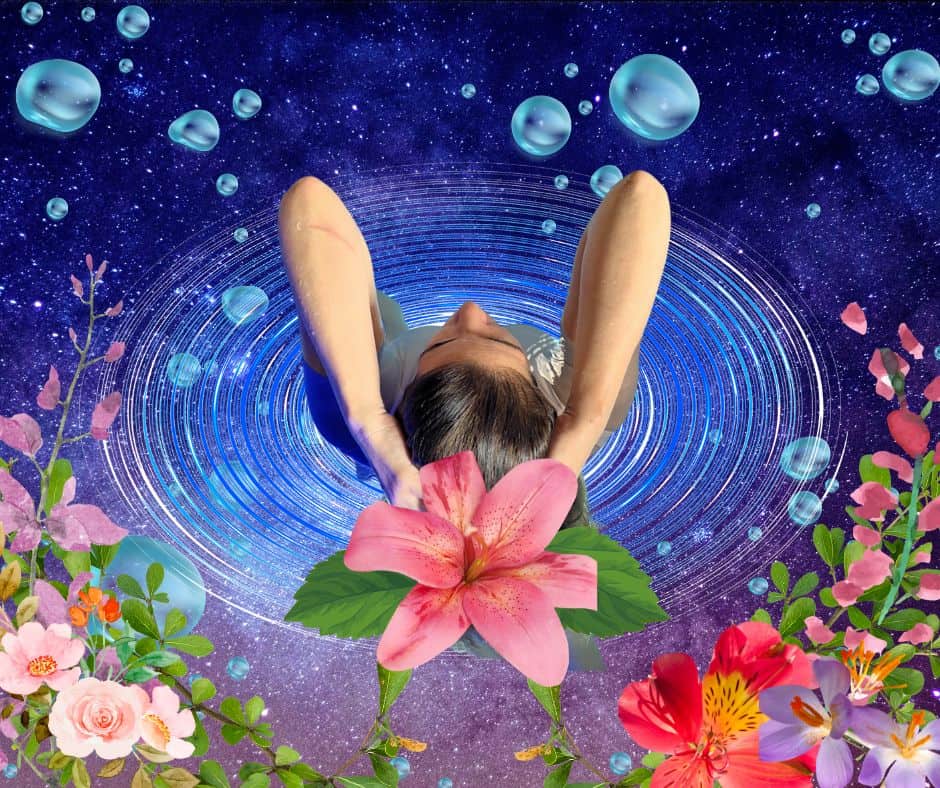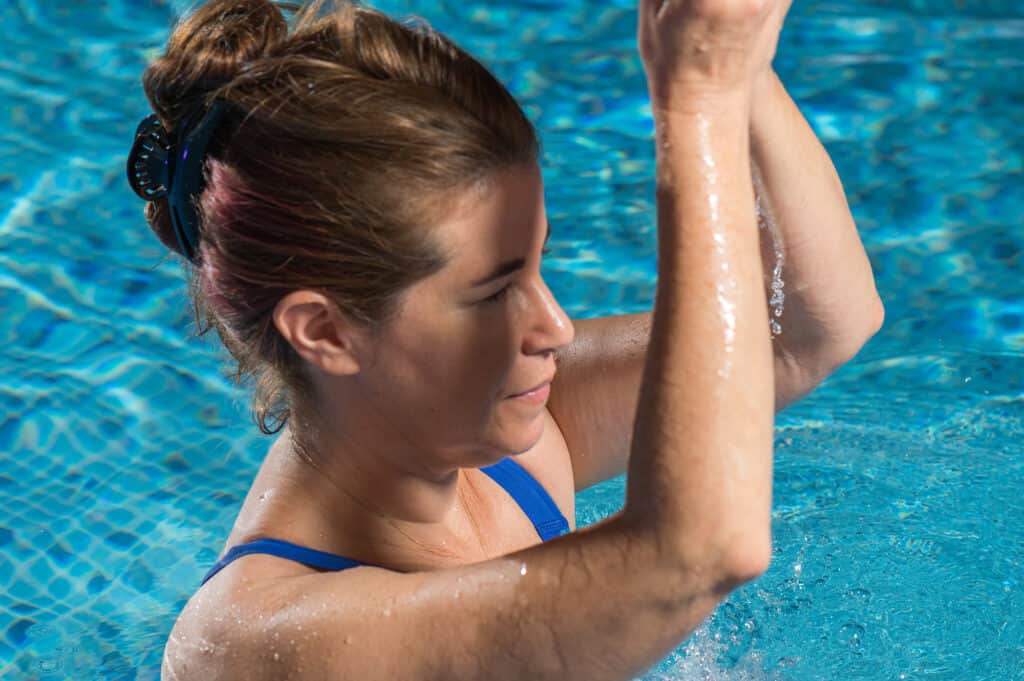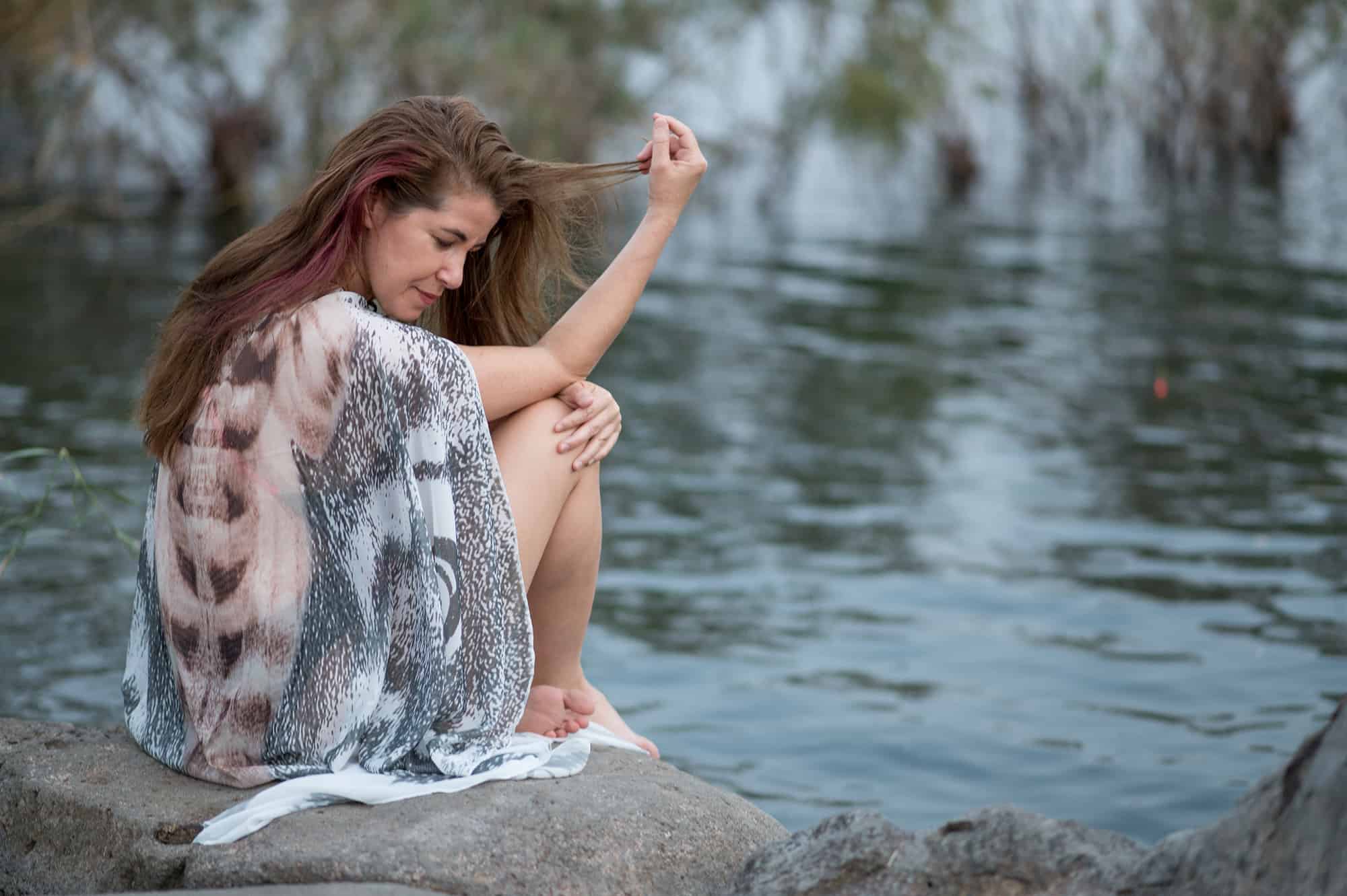
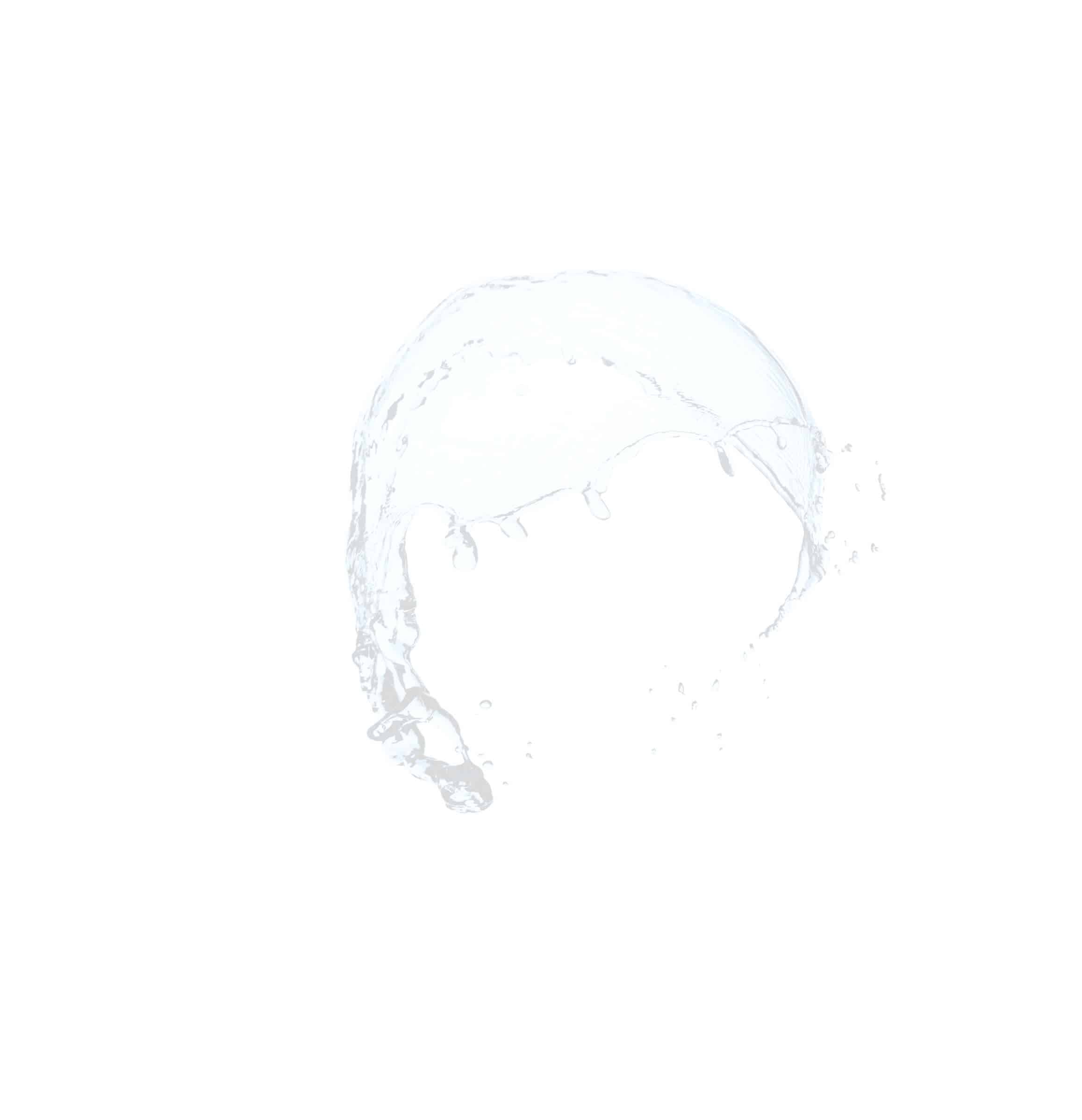

Everything I wanted to know about hope
When asked what it means to have a pool with living water, I almost always say it's really like entering a mikveh, just without the context or any religious ceremony …
But to be honest with myself, I have no faint idea what it really hopes for and how our religion treats the custom of baptism.
Even before the wedding, I managed to evade the duty of immersing myself in the mikveh … I immediately rebelled
"Like, what does this even have to do with me? I'm proudly secular … it does not suit me …"
So to understand a little more, I decided to go to Old Safed and meet Iska Shumer from " Interlocking Tools ", which is the nicest and most open dossier I know, and learn from her more in depth what it means to go to the mikveh.
I discovered that behind the idea of baptism are ideas that are part of my vision of the impact of water in general and living water in particular, and suddenly, this ritual sounds no less wonderful to me!
We met at the public house in Old Safed, a place that was used in the 16th century as a kind of community center for the residents of the neighborhood. Immediately upon entering the place, you hear the rippling of water flowing into a small mikveh and it really is a perfect place to sit and dive into the depths of things.
I learned a mask that there are more mikvahs for men than for women (and I did not even know that men are also immersed …) and I learned from her some main ideas, which the practice of immersion in the mikveh represents.
Why even undress before entering the water?
Why even undress before entering the water?
What is the idea behind the strict removal of makeup, jewelry, etc …?
This is an idea of "spread over simplicity".
Before entering the water, there is consent to enter cleanly, without masks, without interruptions.
There is agreement to connect to the simplest initial being, which is inside and is not related to thoughts, daily worries, defenses …
If we leave the mikveh for a moment, there really is something in the treatment of living water , which allows a person and me as a therapist, to meet this inner place … regardless of profession, status, religion, sex … living water allows you to get rid of this excess charge easily.
What does it mean to cleanse the impurity?
Impurity = sealing
Water, in fact, helps to cleanse impurity and reconnect with life energy. Now, the word "impurity" has always jumped my fuses, especially in the female context … but Iska explained to me that the word impurity came to represent sealing.
Sealing of what, you ask? Sealing of light, of life energy.
Menstruation, for example, is an expression of unrealized life potential, a kind of death … Baptism in a mikveh helps a woman reconnect to the energy of life.
Another example of obstruction is defamation.
If I speak ill of someone else, my words have an energy that creates a blockage.
I explain this a lot in my workshops, about the power our words have.
Not only towards others, but also into us inside … The water helps to open the blockage that has been created and to connect us back to the life energy that flows around us and within us.
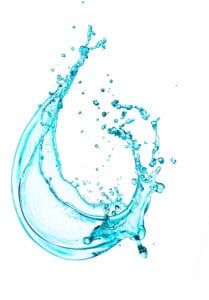
A connection to the wisdom of the waters of knowledge
Immersion in living water allows connection to what is called "water of knowledge." Connection to the collective water in the world.
This connection allows for a re-claim in this collective / supreme wisdom.
Many sages in the world talk about the idea that we are all, in fact, connected to a collective consciousness. Whether it's Jung, yogic sages or physicists studying the quantum … they all talk about the idea that we are part of one energetic field.
And as I understand it, this connection is through water.
I must admit that I was pleasantly surprised to find this idea in the context of the mikveh.
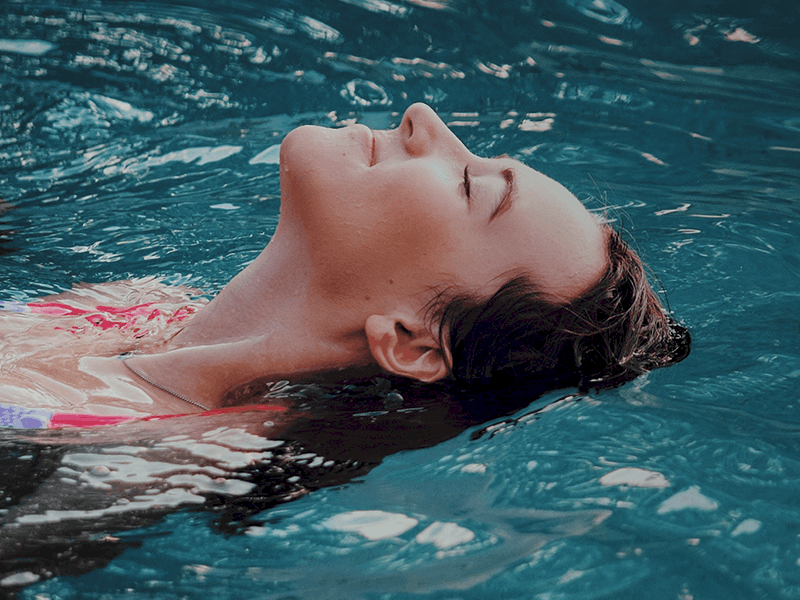
So now, when someone new comes into my pool and asks what it means to enter living water, I can answer out of a deeper knowledge …
It's similar to a mikveh, but a little different.
מומלצים עבורך
